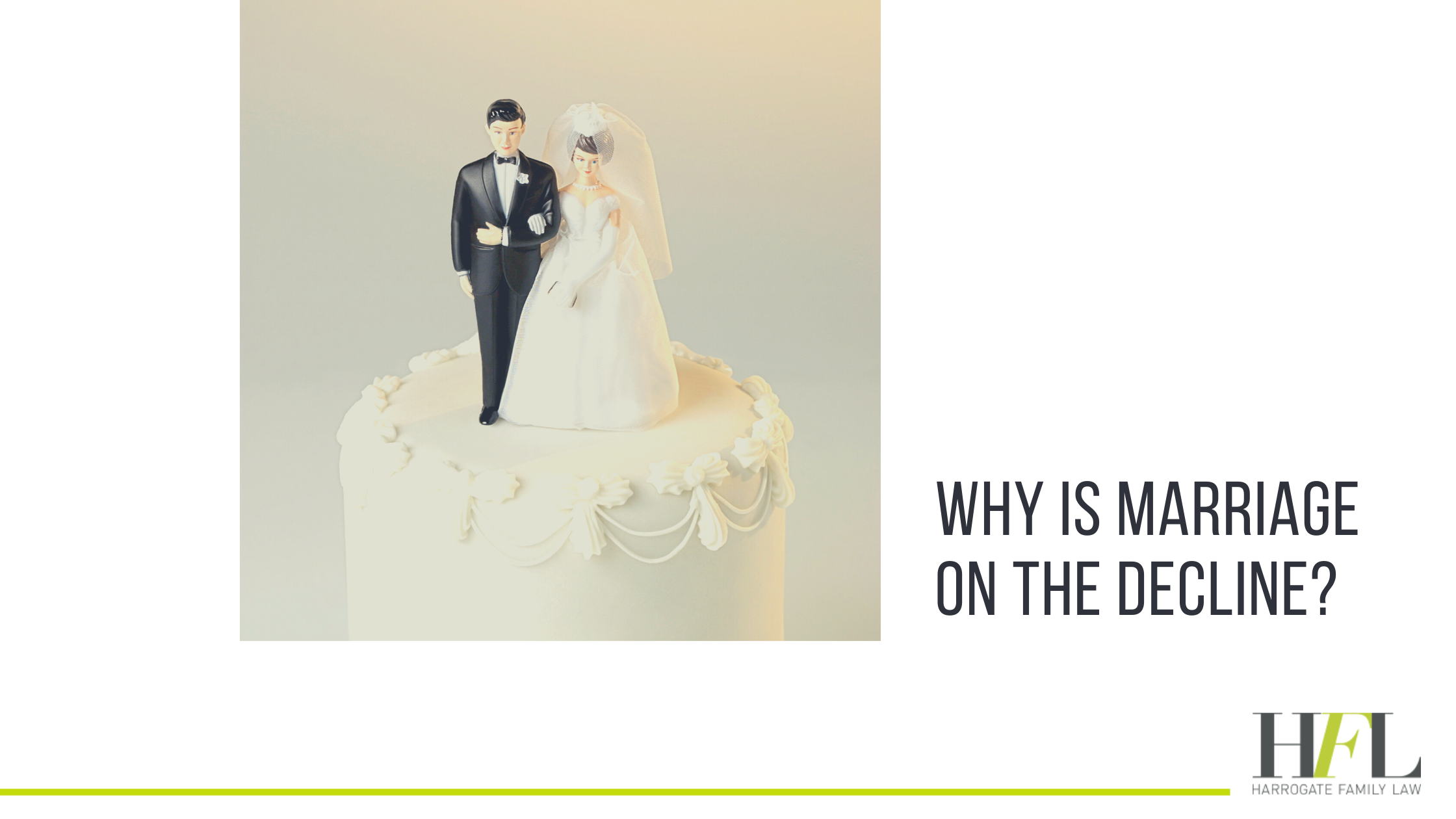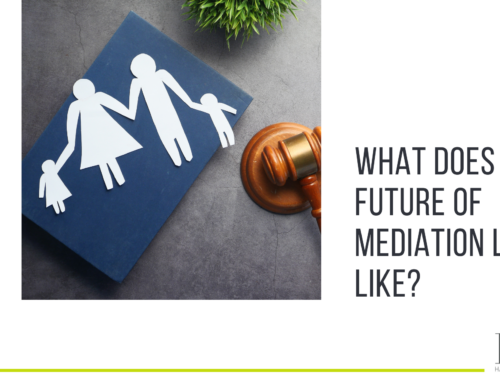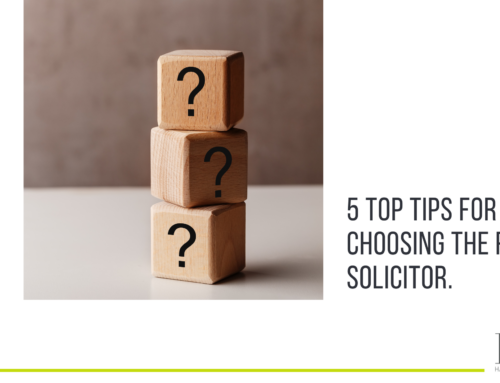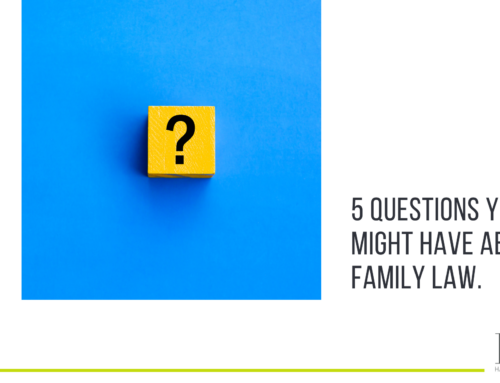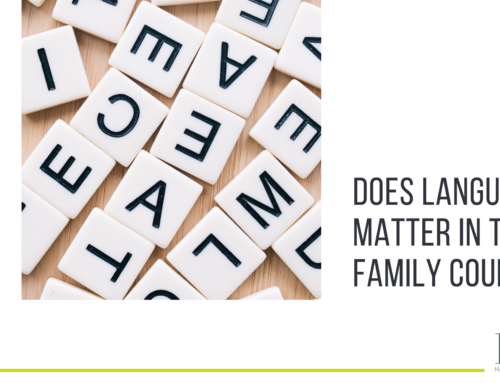According to the ONS, the number of opposite-sex marriages in 2021 was the biggest decline in several decades, falling by 47% since 1972.
These figures represent a long-term decline in the number of people choosing to get married, but what’s behind the change in attitude? Let’s take a look.
A symptom of the pandemic?
Some commentators have suggested that the covid-19 pandemic caused a sharp drop in the number of weddings over the past couple of years. Not least of all because it simply wasn’t possible to get married. Between the first lockdown in March 2020 and the final lifting of restrictions in June 2021, no less than 320,000 weddings had to be postponed.
However, the statistics also show that the fall in marriage numbers predated Covid-19, meaning that whilst it definitely had an impact, the decline was still in existence pre-pandemic.
Cohabitation over marriage
Marriage rates have been declining since the early 1970s. 2018 saw the lowest numbers on record, with 20.1 marriages per 1,000 unmarried men and 18.6 marriages per 1,000 unmarried women aged 16 years and over.
However, do these statistics suggest a decline in long-term relationships? Or just a shift in attitude towards marriage specifically? Cohabitation has definitely become more a popular choice for couples over the years, as people feel less inclined to bow to the formality, commitment and expense associated with marriage.
Cost
Speaking of costs, given that the average cost of a wedding is anywhere between £24,000 and £31,000, it’s a reason that’s impossible to ignore. The reality is that a wedding can be one of the biggest expenses a couple will spend in their lifetime. Many couples are prioritising other investments over wedding costs, for example, putting down a deposit on a home instead.
Age
When it comes to marriage, age is a factor. It seems that more and more people are choosing to get married later in life, particularly those aged 65 and over. People are prioritising different things during their younger years. Careers, experiences and travel to name just a few. For many, marriage is something to be enjoyed and settled into later in life.
The common law spouse – what you need to know
Whatever the reasons behind the decline in marriage, people are still choosing to enter into long-term relationships. In fact, cohabiting couples are the fastest growing family type.
Ultimately the choice is a personal one, but for those couples who choose cohabitation over marriage, it’s important to know the difference, particularly if they own property and other assets, and have children together. A staggering two-thirds of cohabiting couples were under the impression that ‘common law marriage’ exists, mistakenly believing that if their relationship came to an end, they would have the same rights as a married couple.
In reality, this isn’t the case. That’s why it’s always worth taking expert legal advice, and exploring the option of a cohabitation agreement. Whilst it’s not at the top of the list when it comes to romance, it’s a sensible option, and one which would make things clearer and simpler in the event of a separation.
Will the decline continue?
It will be interesting to see how the trend continues over the next few years. Will there be a spike in marriages from weddings that were postponed? Will people continue to cohabit rather than get married? It’s impossible to know.
That’s why, when you’re planning for the future as a cohabiting or married couple, Harrogate Family Law can provide the advice you need, whether in terms of a cohabitation or pre or post nuptial agreement.
Get in touch with us today to find out more.

